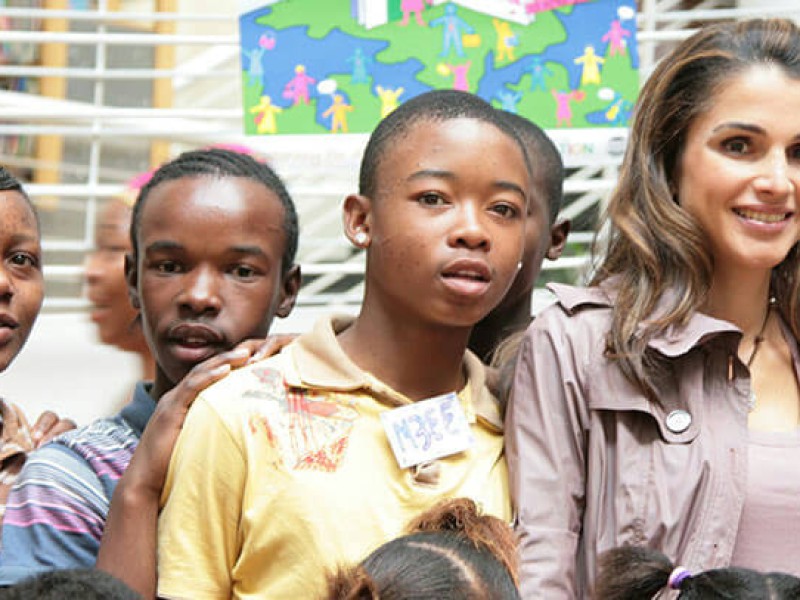Girl’s Education - Gender Discrimination in Education

1 in 5 schoolgirls ‘unhappy to be a girl’
Girls around the world are experiencing gender discrimination from the age of just seven years old, with one in ten primary schoolgirls reported being unhappy being a girl, doubling to one in five by the time they reach secondary school. This contrasts with less than 1% of boys at primary school and less than 3% of boys at secondary school. The figures have been published in an interim report from the Global Campaign for Education (GCE).
Reasons cited by the girls include restrictions on freedom, a lack of opportunities compared to boys and a feeling that they were less safe or faced more harassment. In some cases, girls cited parental preference for their male siblings.
Other startling results include:
- Nearly four in 10 girls reported being made fun of because they are a girl, compared to under one in ten for boys
- Girls were generally seen as better at ‘soft’ subjects such as languages, history, art and music, and boys better at sports, mathematics and computing
- Pupils felt that male teachers are ‘more intelligent’ than female teachers, but female teachers were ‘more caring’ than male teachers.
The survey also questioned teachers on their perceptions of gender discrimination, with one highlight result showing that female teachers were four times more likely than male teachers to state that they had experienced discrimination because of their gender. Overall, one third of female teachers from the survey said they had experienced gender discrimination, compared to 7% of male teachers.
Join the campaign
Find out more about the work of the Pakistan Coalition for Education here (www.pcepak.org)
Read the report: Gender Discrimination in Education
Gender Discrimination in Education: The violation of rights of women and girls draws on the initial results of an ongoing gender survey conducted in schools internationally by GCE. Its aim is to highlight the disparities between girls’ and boys’ experiences of school and encourage the international community and national governments to achieve gender equality in schools and bring about an end to gender discrimination. Results have been received from 10 countries so far including Bangladesh, Bolivia, Nepal, Peru, Viet Nam, Pakistan and Cambodia.
Campaign demands
GCE is seeking support from the Committee on the Elimination of Discrimination Against Women (CEDAW) to include all-age education as part of CEDAW’s own reporting requirements from UN Member States on gender discrimination as well as to develop specific, education-focused recommendations to States. GCE also seeks the full support of the UN and its Secretary-General, Ban Ki-moon, to use the women and girls section of its education initiative to ensure gender equity and non-discrimination are tackled in all UN institutions.
The interim report has been presented by GCE to the UN’s Committee on the Elimination of Discrimination Against Women (CEDAW) at a briefing to the committee in Geneva in February 2012.
“Not only must there be no gender discrimination in education but we must pressurise for education systems that foster overall gender equity in broader society.”
Camilla Croso, GCE President



